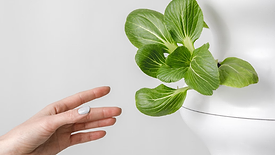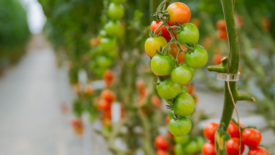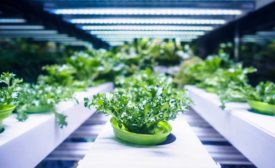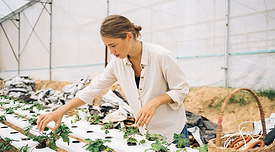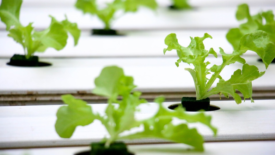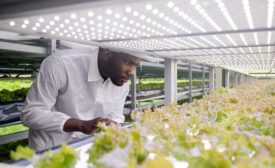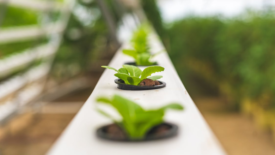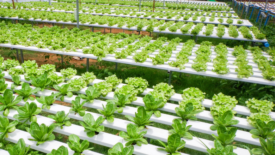Home » Keywords: » hydroponic greens
Items Tagged with 'hydroponic greens'
ARTICLES
Controlled Environment Agriculture: A Systematic Review
The intensification of indoor agricultural systems must be achieved by specific processes that minimize negative impacts on the environment and place food safety front and center
April 10, 2024
BIZTRACKS
Edible Garden Spearheading Research to Further Food Safety in CEA
April 20, 2023
Is CEA a Safer Way to Grow and Process RTE Vegetables?
The risk profile of CEA must be compared to that of other RTE produce to explore the question of safety in CEA operations
April 10, 2023
Never miss the latest news and trends driving the food safety industry
eNewsletter | Website | eMagazine
JOIN TODAY!Copyright ©2025. All Rights Reserved BNP Media.
Design, CMS, Hosting & Web Development :: ePublishing
